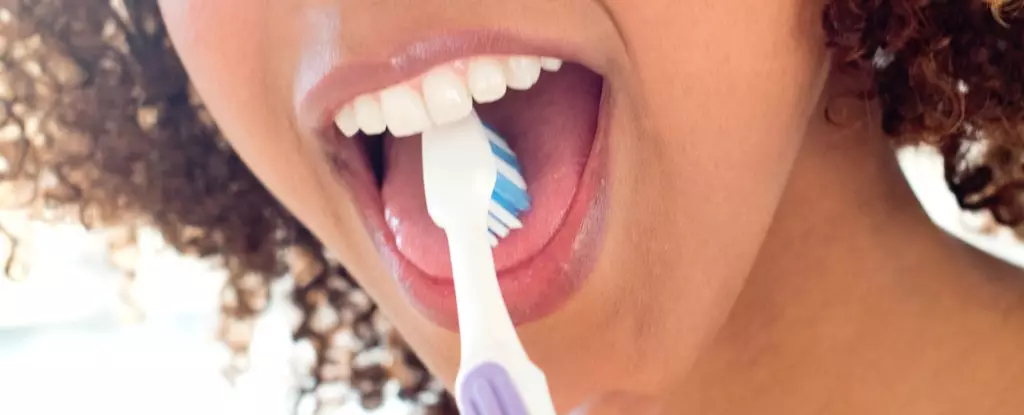When you visit your healthcare provider, you might be surprised by the seemingly simple request to stick out your tongue and say “aaah.” While this phrase might seem trivial, it carries significant implications for understanding your health. The examination of the tongue serves as an important diagnostic tool, allowing physicians to assess not only the condition of your oral health but also your overall physiological status and immune function.
Rather than waiting for a doctor’s appointment, developing a habitual tongue-cleaning practice can empower you to monitor your oral health daily. Just a quick glance at your tongue can reveal not only its surface appearance but also reflect systemic health changes.
The tongue is a multifaceted muscular organ, far more intricate than many realize. Beyond its essential roles in tasting, chewing, and speaking, the tongue operates through a complex arrangement of eight paired muscles that allow it to move fluidly. The surface of the tongue is adorned with papillae, tiny bumpy structures that can often be mistaken for taste buds. However, out of the estimated 200,000 to 300,000 papillae, only a limited number actually contain the receptors for taste.
A healthy human tongue typically appears in varying shades of pink, each hue indicative of different underlying conditions. While a slight white coating may be harmless, significant discoloration or abnormal texture could signify deeper health issues and warrant further examination.
Incorporating tongue cleaning into your daily oral hygiene routine takes mere seconds but can yield significant benefits for both your oral health and personal confidence. Regular cleaning removes food particles, bacteria, and dead cells that can accumulate, potentially leading to bad breath and other oral health problems.
Utilizing a toothbrush or a specialized tongue scraper can be effective in this endeavor. While a standard toothbrush can do the job, a tongue scraper—crafted from metal or plastic—can excel in removing built-up debris. By maintaining a clean tongue, you also limit the risk of developing chronic infections, which may adversely affect other areas of the body.
Being vigilant about the changes that occur in your tongue can alert you to possible health conditions. For instance, a sudden appearance of a white coating may not simply be a sign of poor oral hygiene but could point towards oral thrush, especially in immunocompromised individuals. Oral thrush manifests as painful, red patches versus the typical plaque and requires antifungal treatment to manage effectively.
Similarly, the appearance of black hairy tongue, characterized by a fuzzy, discolored surface, often correlates with inadequate oral hygiene and excessive consumption of certain foods and substances. The aesthetic concern can lead individuals to neglect their oral care, creating an ongoing cycle of deterioration.
Another intriguing condition is geographic tongue, noticeable by its map-like appearance with pink patches bordered by white. Although largely harmless, this condition invites closer observation to ensure no other underlying issues are present.
Changes in tongue appearance, such as a deep red or sore texture, can present warning signs of conditions ranging from nutritional deficiencies to more serious ailments. For instance, a persistently dry mouth (xerostomia) can stem from various medications, leading to a breeding ground for bacteria and further complicating one’s oral health.
Moreover, any patches or lesions that do not resolve quickly or can’t be scraped off should be taken seriously. These could be precursors to more severe conditions, including oral cancer, which has been on the rise. As the survival rates for oral cancers are notoriously low due to delayed detection, maintaining a proactive approach to tongue health is vital.
Regularly evaluating your tongue’s health is an accessible method to stay informed about your overall wellness. By adopting the simple practice of daily tongue cleaning and being observant of any unusual changes, you can play an essential role in safeguarding both your oral and systemic health. Remember, your tongue not only aids in essential functions but can serve as a mirror reflecting your body’s internal condition. Pay attention, and don’t hesitate to seek professional advice when needed; it may just save your health.


Leave a Reply